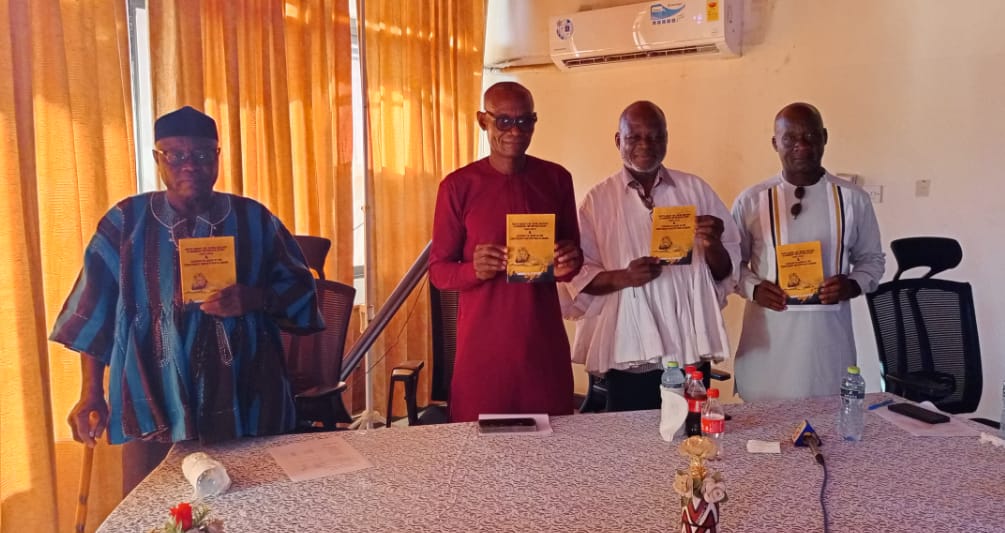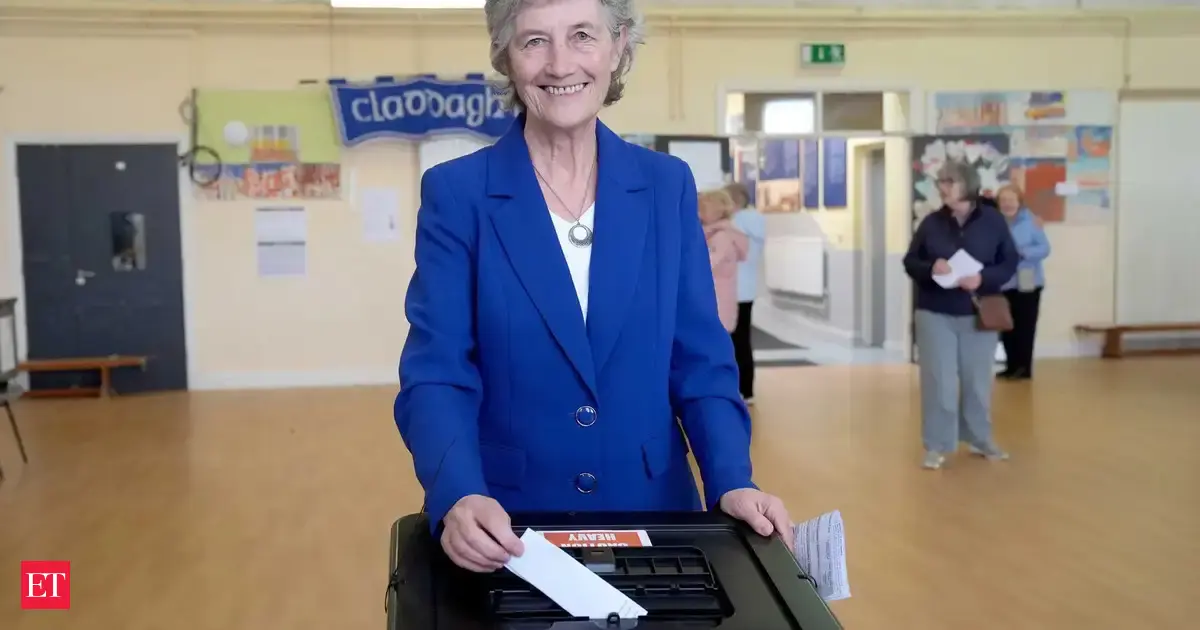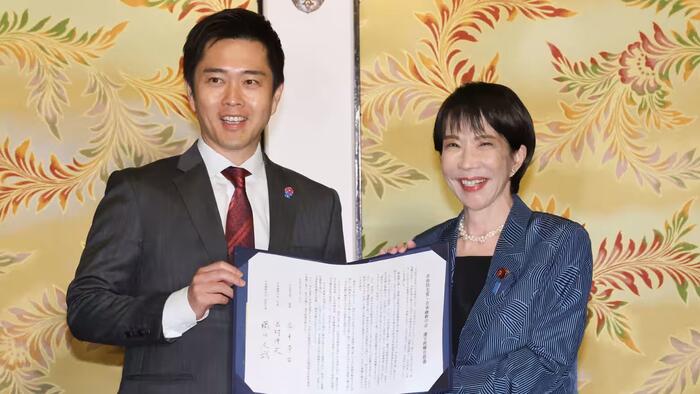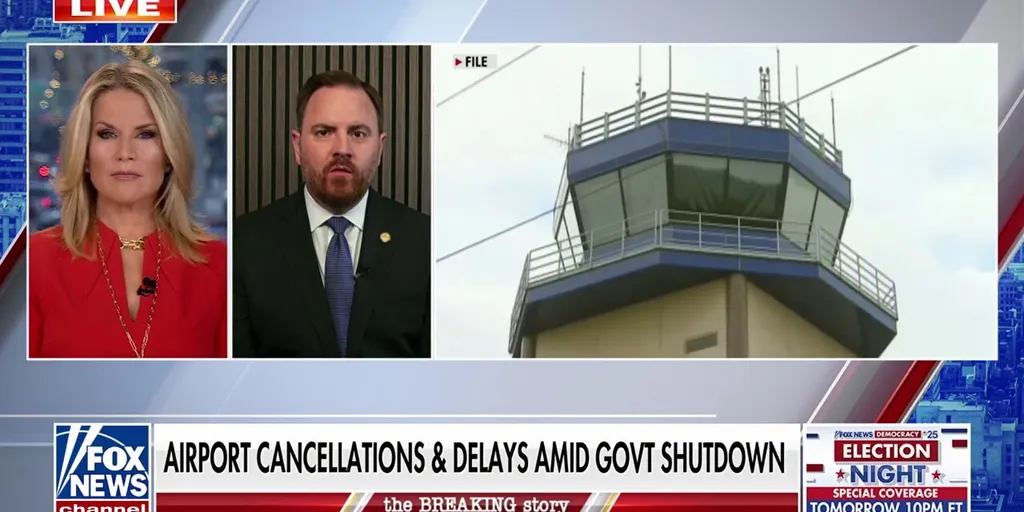Copyright ghanamma

By Godfred Aaneamenga Polkuu Bolgatanga, Nov. 4, GNA – Mr Henry Naab Fatchu, an Author, has launched the second edition of a 111-page book on the Royal History of Nandom, a town in the Upper West Region. The book, “Facts About the Royal History of Nandom – The untold story (1887 – 2022) and lessons to learn in the chieftaincy institution in Ghana,” focused on the traditional concept of leadership in the Dagara Kingdom before the arrival of the Europeans and how it evolved with modification. It further indicated the genesis of politics in the Nandom Skin, dispute emergence, why disputes in chieftaincy would continue if governments do not allow the traditional systems to act according to customs, and assesses the traditional system of dispute resolution mechanisms used over the years, and lessons learnt from the Nandom Skin contest. Mr Fatchu in an interview with the Ghana News Agency (GNA) after the launch in Bolgatanga, said he was motivated to write the book after some gaps were identified in his first edition; “The Royal History of Nandom: The untold story (1887-2022).” He noted that politics had infiltrated the chieftaincy institution and left chiefs with only custodial functions, saying, “If we do not preserve the institution, with time, chieftaincy will become irrelevant.” The author stressed the need for chieftaincy issues to be brought to the limelight and properly documented for posterity. He expressed gratitude to his family and all who contributed in diverse ways to the success of the book and encouraged members of the public, especially the sons and daughters of Nandom and other stakeholders to get copies of the book. Dr Niagiah Santuah, the Head of Department of Culture and Development Studies at the Millar Institute for Transdisciplinary and Development Studies, Bolgatanga, who reviewed the book, said it drew attention to issues of chieftaincy succession, disputes and politics. “It highlights the problems associated with the institution. It professes some strategies that we can use to attain the effects of those kinds of disputes, and these lessons can also be learnt by other chieftaincy traditions to enrich the process of replacing one chief with another without acrimony,” he said. Touching on the pockets of chieftaincy conflicts, especially in northern Ghana, Dr Santuah indicated that the human spirit of service had diminished, saying, “That is why we do not have qualified people to become chiefs because chieftaincy is no longer about service to the people, but about self-service. “And that is what is drawing back the development, especially of northern Ghana. The chiefs are supposed to be our leaders, leading the process of change, and promoting processes that improve the way we do things, so that our general welfare can be ameliorated. “Unfortunately, the way people glamour for leadership is not for service and for improving the communities, and that is why we have less development in communities while conflicts for chieftaincy succession are increasing,” he said. Dr Santuah expressed concern about the situation and said if stakeholders were not purposeful in the way chiefs were selected in the various communities, there would not be any progress, “We need people who are committed to leadership and delivering service to the people,” he added. Mr Isaac Dasoberi, a representative of the Nandom Naa, Professor Edmund Nminyem Delle Chiir VIII, reiterated a challenge he threw to the sons and daughters of Nandom, especially those in academia during the launch of the Author’s first book in 2023, to tease-out conflicting issues, delve deeper into them and either refute the issues raised in the book or accept them as the facts. He said two years on, “We have not read any book to the contrary. The Author has come out with a second book, I challenge again any opinions to the contrary, failing which, they remain the truth.” The Nandom Naa, through his representative, a former Chief Executive for the then Lawra-Nandom District, bought the first copy of the book for GH¢10,000, and thanked Mr Fatchu for the initiative, and urged him to continue to research and write more for the present and future generations to read. Mr Aatara Adamu Mahmud, the Chairman of the Upper West Union in Bolgatanga, told the GNA that “This book will serve as reference for those of us from the Upper West region. “It will give us an insight into what is happening in the traditional areas in the region and inspire sons and daughters from the region to take up the challenge and write books on chieftaincy and other related matters.” Edited by Caesar Abagali/Lydia Kukua Asamoah



